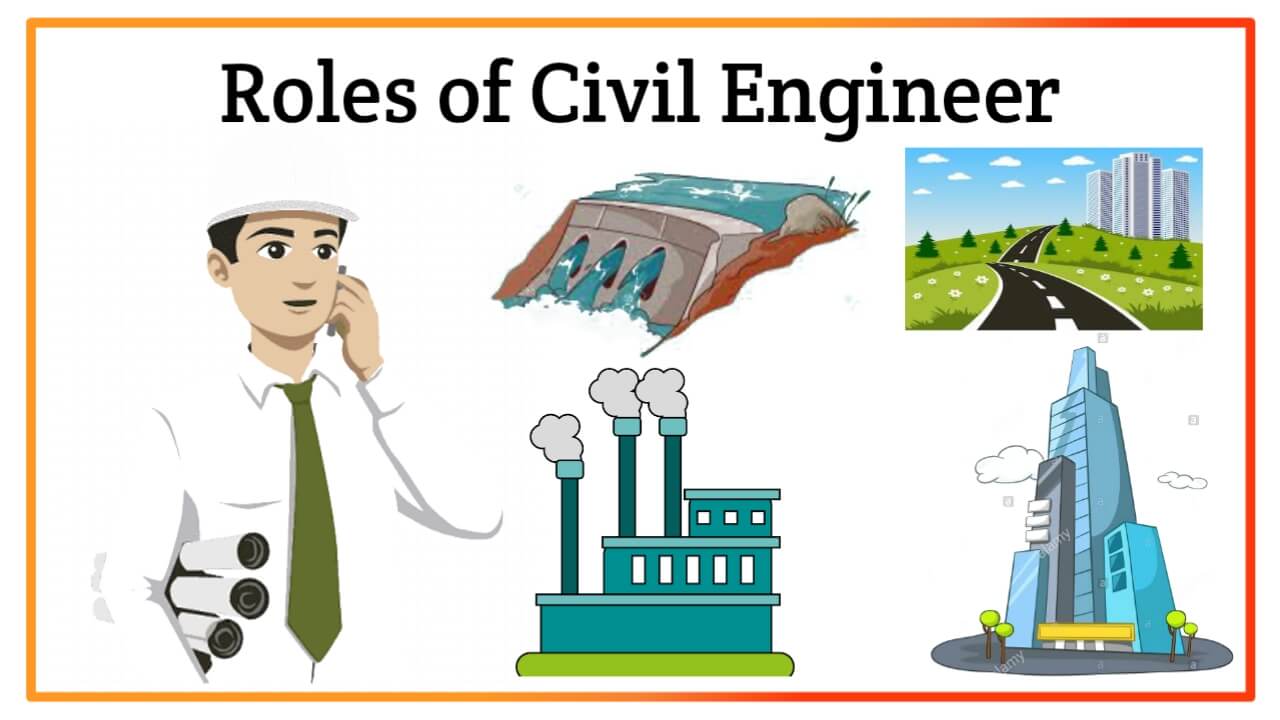The modern market today requires the training of a new generation of highly qualified professionals in the design and calculation of buildings for being:
- skilled in the highly effective use of modern research and design methods;
- ready to apply modern technical solutions;
- ready to work in a competitive environment in the labor market of general and specialized organizations involved in the design, construction and operation of buildings in the context of modernization;
- able to solve professional problems to achieve financial sustainability and strategic efficiency of enterprises and companies in the field of construction, reconstruction and maintenance of buildings and structures.
All the information you might need about equipment, companies, service providers, manufacturers, and industry experts related to civil engineering can be found on the Linquip website as a network-based ecosystem. For a detailed look at the company, visit the “Linquip Profile” page.
The platform includes networking features that make it easier for Experts to connect, collaborate, brainstorm, and share experiences. Through the Linquip platform, users can get updated information and news from manufacturers of civil engineering products, as well as access to content and data related to the field. Linquip also provides for its users Guest Posting, which enables a brand to be exposed more and be found more often, including in branded search query results.
The specialty “Industrial and Civil Engineering” is versatile. It allows graduates to realize themselves in various areas of construction production: design, construction and operation of industrial and civil objects of different purposes.
When students study civil engineering at university, they study not only technical subjects, but also some humanities subjects. In this case, students can turn to an essay writer from Bidforwriting, who will handle any kind of written work.
Each student studies the main trends of development of constructive solutions of industrial, civil and residential buildings and complexes, prospects for urban planning, planning and development of urban and rural areas; develops technical specifications for new construction, expansion and reconstruction. Also masters the methods of architectural and construction design, ways of diagnostics of the technical state of buildings and constructions. The curriculum includes such special disciplines as “Structural Materials”, “Architecture”, “Building Structures”. Sometimes, the acquired knowledge is used by the students in summer at the industrial practice.
Students with interest are engaged in scientific activities, participate in competitions on specialties and competitions of diploma projects.

High employment perspectives
This specialty provides multiple opportunities for employment. Graduated masters, foremen are knowledgeable in modern construction materials and apply new construction technologies. The profession of a designer who knows modern graphic and calculation programs and has design skills has also become highly technological. Professional knowledge of construction economics allows graduates to work in the economic sphere of construction production. A professional with an engineering degree usually becomes the head of a construction firm, an architectural and design workshop, and other businesses related to or serving the construction industry.
For in-depth study of construction disciplines there is a master’s program in the direction of “Construction”. Some of the graduates go on to postgraduate courses.
Future available professions for students with such degrees: design engineer, structural engineer, foreman, foreman, engineer of production and technical department, engineer for operation of buildings and structures.
Features of the profession
In order to successfully occupy the vacancy of an engineer, a person must have a sufficiently broad knowledge and skills from several areas. For example, they must know geodesy, design, construction norms and technical standards, and even management. Usually, the civil engineer is not directly involved in the development of building designs – the architect specializes in that – but he can participate in the process and, at a minimum, must understand the design documentation.
The main responsibilities of the civil engineer are as follows:
- Pre-project data collection, studying the area where the building is to be erected.
- Participation in the development of development projects, planning and reconstruction of territories.
- Selection of the most efficient materials, technologies, tools and special equipment for the implementation of construction tasks.
- Participation in all stages of construction of buildings and structures, technical facilities and communications.
- Setup and adjustment of specialized equipment and machinery.
- Carrying out construction expertise, participation in the processes of acceptance of completed construction works.
- Reviewing long-range plans, survey reports, maps, and other data for project planning and development.
- Drafting and submitting permit applications to local, state, and federal agencies confirming that projects comply with various regulations.
- Verifying soil test results to verify the strength of foundations.
- Verifying test results of building materials such as concrete, wood, asphalt or steel for use in construction.
- Making use of design software to plan and design transportation systems, hydraulic systems, and structures in accordance with industry and government standards.
The civil engineer can work not only on the construction of buildings, but also on the construction of hydraulic structures, power plants and other facilities.

Pros and cons of the construction profession
Pros:
- Demanded profession in which you can almost always find a job.
- High level of wages.
- Ability to work as a contractor and keep a comfortable work schedule.
- Applicability of professional knowledge and skills in normal life.
- Extensive opportunities for professional development and retraining.
Cons:
- Sometimes work is in a hazardous environment.
- Heavy responsibility: both for the life and health of other people, as well as for the quality of the final result.
- Irregular working hours while working on a project, especially at final stages.
- Rather high level of monotony of work.
How much does a civil engineer earn?
In fact, according to the U.S. Bureau of Labor Statistics, the average civil engineer’s salary is $83,540 10 a year. In addition, the lowest-paid 53,470 percent of civil engineers make less than $10,132,880.
However, you have a 50 percent chance of earning about $65,330,107,140 dollars a year. In addition, salaries depend on the location and type of employment of civil engineers.
Similarly, civil engineers working in oil and gas production earn $125,010 $82,300 per year.
What is the job growth for civil engineers?
However, the U.S. Bureau of Labor Statistics expects the number of civil engineering positions to grow by as much as 11 percent by 2026. In fact, this growth is faster than average when compared to all other occupations. In fact, the reason is population growth and aging infrastructure.
The best engineering schools in 2022
1. Massachusetts Institute of Technology
The Massachusetts Institute of Technology is a proprietary university in Cambridge, Massachusetts. However, it is a small institution with an undergraduate enrollment of 4,510.
It also has an acceptance rate of 8% and a graduation rate of 94%. Likewise, the student-faculty ratio is 3: 1, while tuition is $48,452.
Accreditation: New England Commission on Higher Education (NECHE)
2. National University of Singapore (NUS).
This institution used to be a medical school, In fact, this top building school has 17 faculties and schools across three campuses. Nevertheless, it has more than 38,000 100 students from XNUMX countries who enrich society with diverse social and cultural perspectives.
In addition, school engineering at NUS teaches aspiring civil engineers to find innovative solutions to the ever-changing challenges of the residential environment.
3. University of California at Berkeley.
This is a public research university in Berkeley, California.
Thus, UCB has an acceptance rate of 17% and a graduation rate of 91%. Likewise, the student to professor correlation is 18: 1.
Accreditation: Western Association of Schools and Colleges (WASC).
Download PDF for Why Is It Worth Studying Civil Engineering At College?
By clicking on the following download link, you can access the content of this article in PDF format.
linquip.com-Why is it worth studying civil engineering at college



